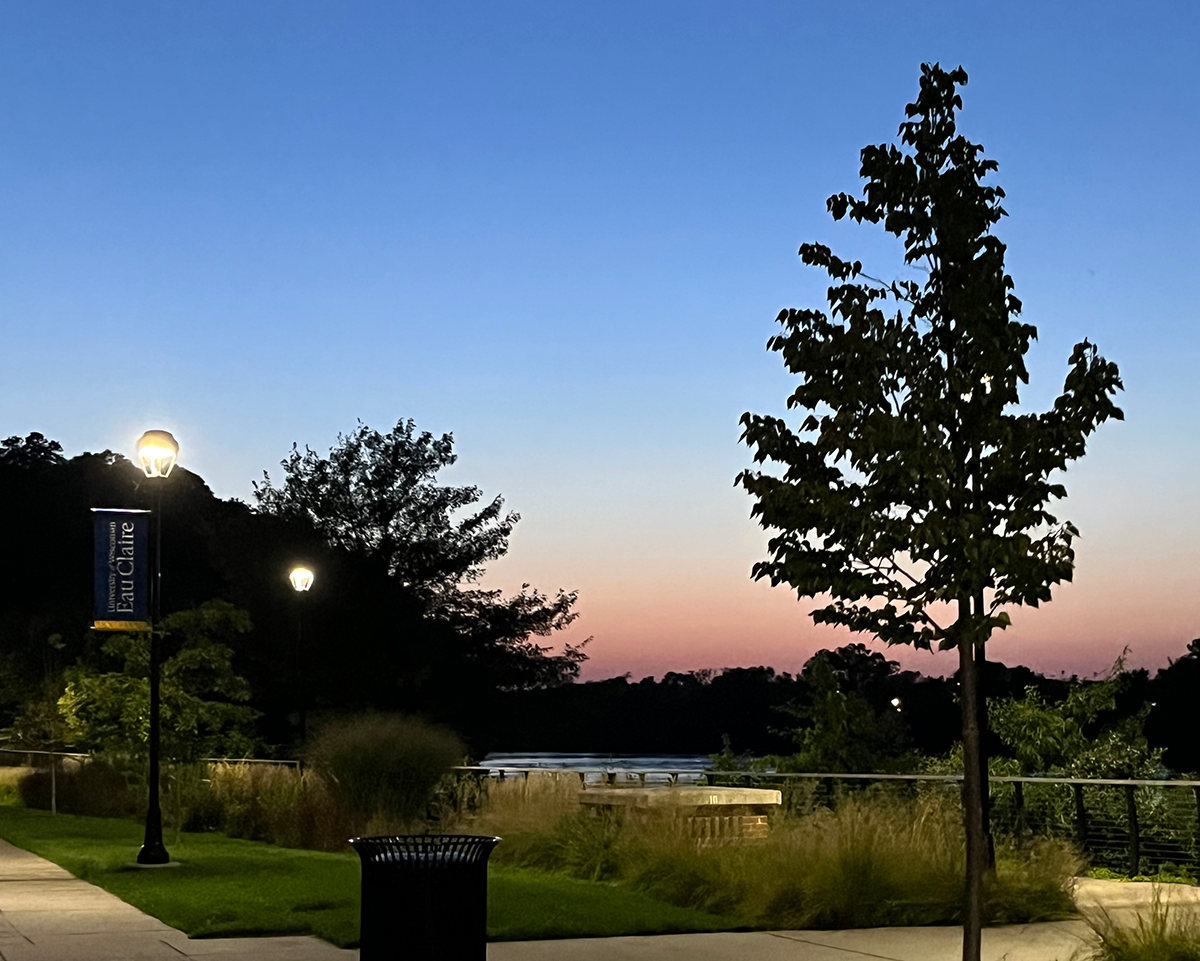The Princeton Review Guide to Green Colleges has added the UW-Eau Claire for the university’s commitment to the environment and sustainability. It is one of eight UW System four-year universities to be named to this list.
The guide, which came out on Tuesday, Oct. 24, has marked the fourth consecutive year that UW-Eau Claire has been included in this guide, and 10th time overall.
Henry Scamehorn, a graduate student with the campus’s Administrative Office of Sustainability, described the process of how the school can be considered for this ranking.
“The Princeton Review has us submit a report each year that details what UWEC does sustainability-wise,” Scamehorn said.
For example, the Davies composting and BluBoxes are measures the University has implemented to help the environment and its overall sustainability efforts.
“This includes information on sustainability in research and academics, sustainable student organizations such as the Student Office of Sustainability, our climate action plan and quite a bit more,” Scamehorn said.
The university’s current top three undertakings for this review were updated by Scamehorn to include the hydroponic farm in Davies Student Center.
Scamehorn isn’t shocked that UW-Eau Claire received this ranking, and he is proud of the progress the university has been making.
“I would say even just over the last year we are leaps and bounds ahead of where we were two years ago, and much of that success is due to our sustainability coordinator Lily Strehlow.”
Strehlow and Scamehorn work directly with the university’s administration, but they also work with student organizations like the Student Office of Sustainability, or SOS.
SOS has had several successful programs that not only benefit the environment but students as well. Last year, they gave out reusable menstrual products that reduce waste and help students save money by switching away from single-use products.
The SOS senate director, Sydney McGuine, said receiving this ranking came as no surprise to many people on campus.
“I would say that I am not surprised by this ranking, after being in this role for two years, I can confidently say that when it comes to students as well as administration there is little to no pushback when it comes to our sustainability efforts,” McGuine said.
McGuine, who is a fourth-year environmental public health student, also thinks that this effort to make more people aware of sustainability played a part in the ranking.
“I think bringing sustainability to more students with our new SSRC space, the hydroponics room, and our annual events have played a part in the ranking,” McGuine said.
The Student Sustainability Resource Center is located on the first floor of Davies, near US Bank and card services, and is available for any student to come in and use that space. This is a goal McGuine highlighted.
“Making learning about sustainability more noticeable and accessible to all students is a great resource we are able to provide,” McGuine said.
With administrative and student-led efforts, the university hopes to continue its commitment to the environment.
Moris can be reached at [email protected].








